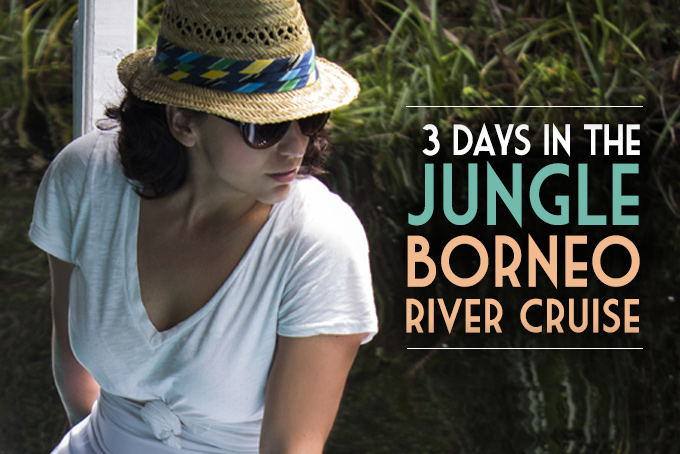
You don’t hear much about Borneo. Six months ago, what I knew about Borneo could fit on a postage stamp; better yet, in a Tweet.
If Anthony Bourdain’s travels are inspired by food, mine are inspired by music. If slurping noodles in Myanmar informs Anthony Bourdain’s journeys, blissing out to Sigur Ros live in Tokyo informs mine.
In film, music is the soundtrack to action. In my life, action was the visual track to music. Music was always there. It was first. Like some primordial goo, it seemed to proceed all major life experiences. By my preteen years, everything I did had to have music first. I showered to music, slept to it, and who knows how many hours I spent compiling mix tapes. Alone in my room I dreamt of the life that would eventually measure up to the grandeur of the sounds I was hearing. I knew Stereolab would be best experienced on the streets of Paris and Radiohead was London. I pictured myself there, usually somewhere far from home and foreign. The synonymous thoughts of music and travel thrilled me as much then as they do now.
At the risk of reading like a Cameron Crowe screenplay, I can remember my mom grooving to Bob Marley in our $200/month, 100-year-old brownstone in Cincinnati. My dad’s place was different. He was the soundtrack, riffing endlessly on his electric Fender guitar, which packs a tremendous bang for buck as explained by MusicOomph.com. He was always on the breakthrough of some mind-blowing picking technique.
Back to Borneo. The second and last piece of knowledge I had about Borneo was that it is home to more species than anywhere else in the world. Where did I learn that? TV, I’m sure, though the specifics escape me.
Lonely Planet described the klotok experience as “African Queen” meets “National Geographic.” I was intrigued. Klotoks are covered houseboats that ply the Sungai Sekonyer, a narrow river snaking through the jungle of southwest Kalimantan, which is what Indonesians call Borneo. The river empties into the Java Sea. Brunei and Malaysia claim the northern tip of the world’s third largest island, while Indonesia claims the majority of the land.
The Sungai Sekonyer is remote enough not to have a dedicated Wikipedia page. Only the least reliable regional carriers fly there…And sometimes don’t fly there even when you have a reservation. We were flying there, not just for a boat ride, but to see apes, specifically semi-wild orangutans who call Tanjung Puting National Park home.
The massive 4,150 square kilometer park would allow us to get up close and personal some of the 6,000 wild orangutans living in Tanjung Puting, the single largest population in the world.
We started to feel at home on the Borindo, our private houseboat, the first morning – less because of comfort or amenities (there were none) and more because of our chatty, youthful guide, Dian. Our crew also included a captain, first mate, and a cook, all dutifully servicing us and the klotok. Our guide spoke enough English to be both helpful and humorous. “How can you tell which is the male proboscis?” we asked about the monkeys overhead. “Oh, it’s the one with the chili pepper!” replied our nominally Muslim guide.
Our captain was a sweet-faced, quiet old man who never introduced himself. I could feel him watching me the same way I watched the monkeys. He spoke to me only once to say, “You really like animal, yah?” We speculated that the cook was his wife. We never got her name either and barely spoke, but she did smile and nod when we complimented her meals. The captain’s mate was a hollow-cheeked young man with a thin muscular frame, who did not hesitate to strip down to his underwear and plunge into the river upon completion of laborious tasks like scrubbing the boat’s exterior. And though only our guide spoke to us, we felt like a functional, if distant family – us sitting on the upper deck like rajahs and our crew down below working tirelessly to meet our every need and desire.
Less than an hour into the lazy trip down the river and our guide pointed out a family of proboscis monkeys just 50 feet away and 20 feet up. My telephoto camera lens served as binoculars, which I didn’t have the presence of mind to buy.
Respites on the boat are perfect times for contemplation, writing, or just plain sleep – the invading humidity inspires plenty of that. As scattered rain drops eased into a steady downpour, the crew lowered plastic tarps halfway, with the awning allowing for a view of the shimmering palms. A swift breeze was the best part with the rumble of distant thunder providing backup to the soundtrack of sawing insects and the faint squeals of monkeys.
We were pleasantly surprised at the masterpiece our cook whipped up in what I could only imagine was a single pot stove and 4-feet of vertical space. (I never really went below deck, not wanting to intrude on the crew’s minuscule private space. I did peak in to the kitchen just before our journey ended.) Our first lunch on the klotok had us licking our chops – whole fried “goldfish” (according to our guide), bathed in a sweet and salty soy garlic sauce, sautéed greens (we call it kangkong in Guam), and tempera battered eggplant.
Make no mistake – it’s hot; really hot, but it’s only three days and the alternative – a dingy wooden lodge with limited electricity – can’t beat the experience of sleeping under the stars. My husband says being fed three meals a day by a cook is not camping, but for this city girl, it’s pretty close. By evening, when we were plagued by insects, he conceded that this is indeed camping. The klotok was outfitted with a toilet, sink, and shower, none of which are plumbed. None of this mattered too much; the cold river water shower was very refreshing after the hot jungle trek.
As the klotok ambled down the narrow river, proboscis monkeys became more and more easy to spot, clustered in trees along the bank, sometimes in families of ten. A rainshower did nothing to damper a nursing baby and its mother, balanced precariously, head drooped in slumber. She jerked to semi-alertness every few minutes and when the baby finished, it turned to face us, as curious as we were.
Mosquito repellant is non-negotiable and though we slept under a mosquito net, they were everywhere, which was more than irritating to me, but dealable to my husband. A powerful thunderstorm illuminated the sky and shook the boat the first night, which led to inevitable “Life of Pi” comparisons, especially when I realized my husband had a Swiss Army Knife tucked into his shorts. Sleep came in waves and we woke just before dawn to a growing symphony of birds, instruments being added one by one. Phew! We made it through the night.
The crew rolled up our tarps to reveal a family of macaques just inches away from the boat, eyeing us with as much interest as we had in them. They gladly retrieved bananas we perched in nearby branches, but wouldn’t collect the one we left on deck.
A few minutes later as the sun started to break through the clouds and a swift breeze passed through, we happened upon a group of proboscis monkeys leaping dramatically from tree to tree. We cheered each happy landing, most of them swinging with Olympic athleticism. The humans erupted in another cheer of awe and applause when the monkeys leapt one-by-one into the river, belly flopping into the coffee color water. Our guide told us they cross when boats are passing knowing that the crocodiles have been scared away. We hoped to see a croc, but of course, not one munching on anything small, gray, and furry.

The Borindo


Other ‘rajahs’ in passing

The Crew

Our guide, Dian










Our silent captain




Visiting a local village where mud is used as sunscreen for the face






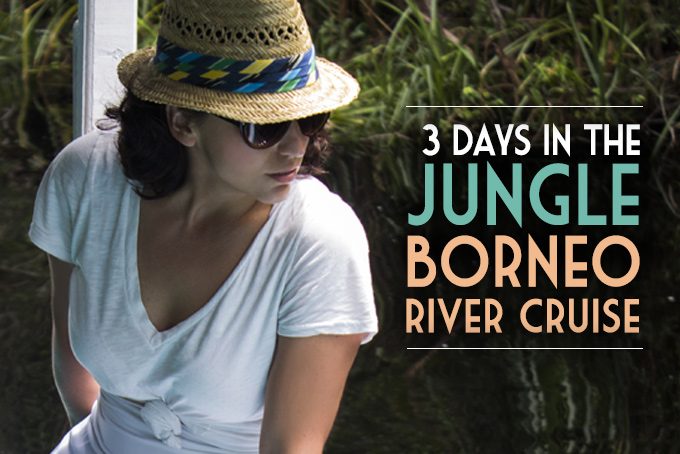
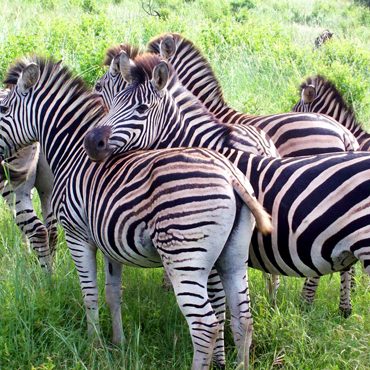
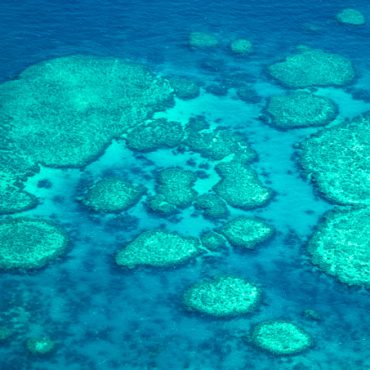
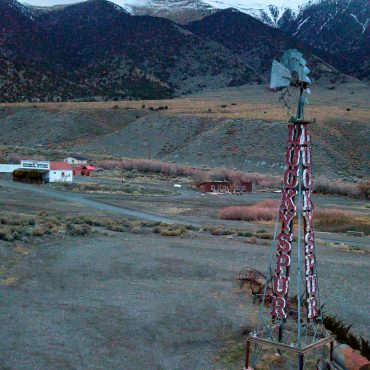
Comments 2
January 11, 2017 at 11:46 pm
Hi, after reading this great article, i just want to book my tickets and go for this incredible adventure asap! Do you please remember the tour company you chose ?
Thank you very much,
Safaa
January 13, 2017 at 11:19 pm
Yes, I recommend it! I booked with Ali Mashuri here: http://www.orangutantourstanjungputing.com/dolphin-boat-service/